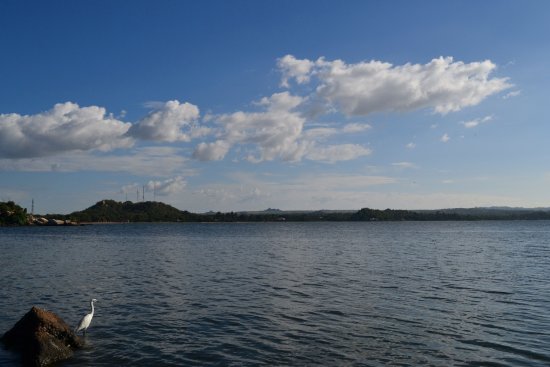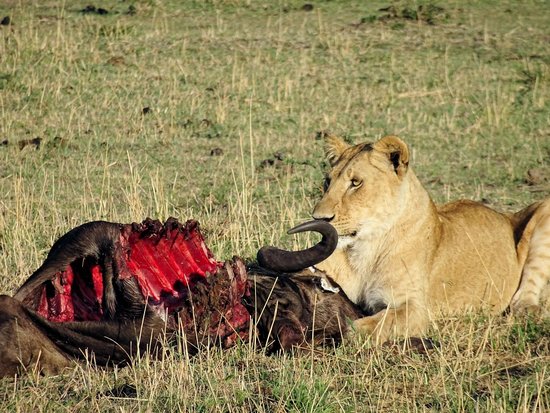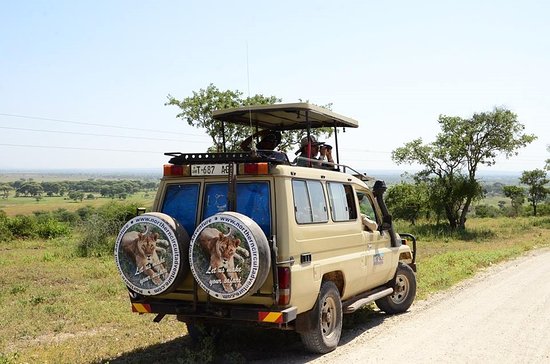Tanzania has unveiled a new structure for its Tourism Business License (TTBL) fees for both foreign and local operators to replace the flat-rate ones.
For over a decade, Tanzania has been charging flat-rate fees of $5,000 for the TTBL for foreign-owned tour companies and $2,000 for locals, regardless of the company’s size and volume of business.
Natural Resources and Tourism Minister, Dr. Hamis Kigwangala, says the new fees to be enforced in January 2018, reflect the size of the company and volume of business to create fair competition for all.
Foreign investors with between 10 and 30 vehicles will pay $5,000; 31 to 50 cars will cough up $7,500; while those with 51 vans and above will incur $10,000 for TTBL per annul.
A local investor with between one and 3 tourist vans will pay a TTBL fee of $500, while each of those with between 4 and 10 vehicles will pay $2,000; 11 and 50 cars $3,000; while with 51 and above vans $5,000.
“The idea of the new TTBL fees structure is to make tourism more inclusive by taking on board all lower-end tour operators with one to 3 vehicles,” Dr. Kigwangala said during the Tanzania Association of Tour Operators (TATO) ‘s annual gala dinner held at Four Points by Sheraton Hotel in Arusha over the weekend.
Since time immemorial, the policy had locked out the small-scale tour operators with single to 3 tourist vehicles, making them operating illegally at the expense of legal tour operators. The move also denied the government a lot of revenues.
The Tanzania Association of Tour Operators Chairman, Mr. Willbard Chambulo, expressed his appreciation to the minister for working on the issue, which has been a hard nut to crack for years.
Wildlife tourism in Tanzania continues to grow with over 1 million guests visiting the country annually and fetching $2.05 billion, equivalent to nearly 17.6 percent of the GDP.
Tourism provides 600,000 direct jobs to Tanzanians, as over one million people earn an income from the lucrative sector.




